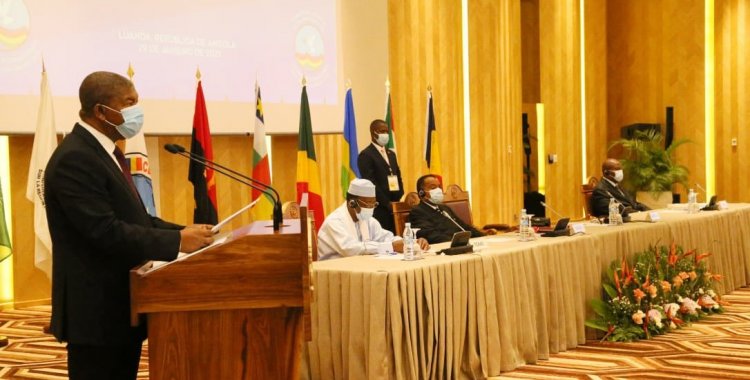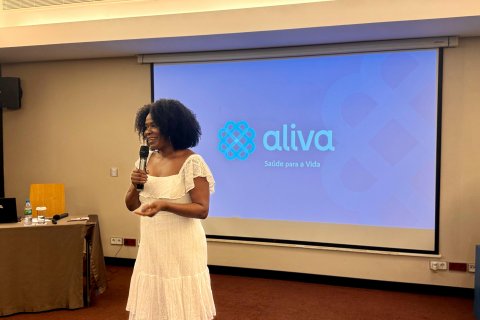The declarations were made at the opening of a mini-summit of the International Conference of the Great Lakes Region (CIRGL), which this Friday in Luanda brings together the presidents of Congo, Denis Sassou Nguesso; of Chad, Idriss Déby Itno; of the Central African Republic (CAR), Faustin-Archange Touadéra, and representatives of the head of the National Transitional Council of the Republic of Sudan, Abdel Fattah Abdelrahman Burhan, and the President of Rwanda, Paul Kagame.
João Lourenço thanked his counterparts for their presence, which he considered "a sign of unequivocal interest and concern for the burning problems of the Great Lakes region, especially in the CAR, where the conflict has been escalating since the presidential elections held on December 27".
"As heads of state, we have a responsibility to defend the peace, security and political and social stability of the countries that make up our sub-region," he urged, defending a sub-region of the Great Lakes "free from armed conflicts, unnecessary deaths, destruction and forced displacement of its populations" and focused on the economic and social development and prosperity of its peoples.
The President pointed to the "constructive and influential role" they could play with the living forces of the Central African Republic, "so that they would understand the unfeasibility of the military route to conflict resolution and be prepared to accept dialogue with the legitimate government of the country".
He also stressed that they cannot "passively observe the unacceptable situation in that country, whose legitimate government is inexplicably and unjustly conditioned by UN Security Council Resolution 2536 of 2020 with regard to its essential function of guaranteeing the security and protection of populations, leaving it in a situation of great fragility in the face of the growing ease of rebel forces to acquire weapons of all calibres and firepower".
In February last year, in New York (USA), Angola had already advocated the suspension of the arms embargo against the Central African Republic (CAR), decreed by the UN in 2013 to prevent confrontation between the country's security forces and armed groups, materialized in Resolution 2536.
The resolution requires that, by 31 July of this year, no member state of the United Nations provide the CAR with any type of material or military assistance.
The head of state considered the Luanda Summit to be an opportunity to find "the best ways to achieve a just and sustainable solution that guarantees peace and security in the CAR," calling for joint work "in the resolution of existing conflicts, which drag on for too long.
João Lourenço also launched, on behalf of the CIRGL, "a vibrant appeal to the entire political class and to Central African civil society, to overcome with a patriotic sense, and in defense of the superior interests of the Nation, the real or forged differences that still prevail.
João Lourenço added that all initiatives will be done in close cooperation with the president of the African Union Commission, Moussa Faki Mahamat, and the United Nations Secretary General, António Guterres.
The violence in the Central African Republic (CAR) has displaced more than 200,000 people in less than two months, of whom just over half have fled to neighbouring countries, the United Nations High Commissioner for Refugees (UNHCR) announced this Friday.
The Central African Republic declared this week a state of emergency for 15 days throughout the country, most of which is under the control of armed groups and where President Faustin Archange Touadéra was officially re-elected, generating a new rebel offensive.
The CAR fell into chaos and violence in 2013 after the overthrow of the then head of state, François Bozizé, by armed groups gathered in Séléka, which prompted the reaction of other militias, grouped in an anti-Balaka coalition.
Since then, the Central African territory has been the scene of community confrontations between these groups, forcing almost a quarter of the CAR's 4.7 million inhabitants to leave their homes.
Portugal currently has 243 military personnel in the CAR, of whom 188 are from Minusca and 55 participate in the European Union (EUTM) training mission led by Portugal, Brigadier General Neves de Abreu, until September 2021.







